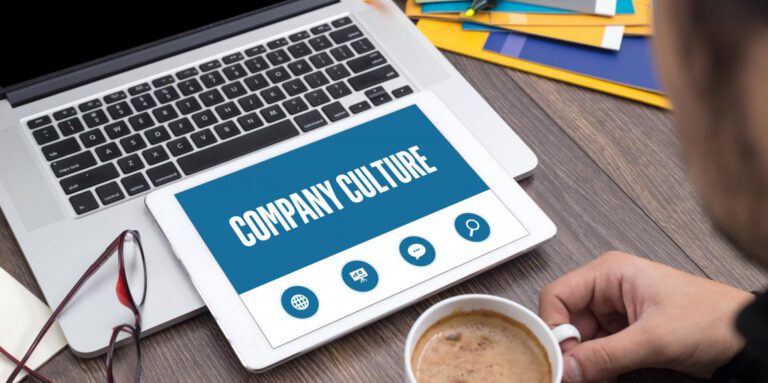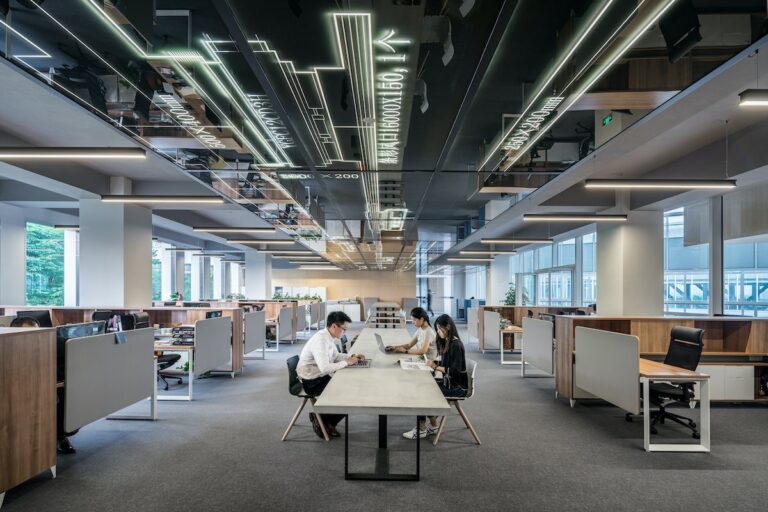A Year in the Life of a Manager Development Programme | Part Eleven
As we move towards the final stages of the Manager Development Programme, there are many areas to reflect upon. And these areas affect everyone involved – the managers, their direct managers and me.
The first step is evaluating the impact of the Programme to find out what – if anything – has changed for the managers. Since my last post, the group has had the opportunity to give feedback to their HR Manager about the work we have been doing together.
That the organisation has asked for detailed feedback is excellent. It shows that it is accountable for its investment. Even if it is a little nerve-wracking for me.
Feedback from the Managers
The HR manager asked the managers several questions about the impact of the Programme. Here are some examples of what they said:
Can you explain the key leadership challenges you faced before the Programme?
“The biggest challenge was maintaining an atmosphere of fun, but drawing a line – not being a friend, being able to say no, and to set people straight. The courageous conversations session helped me to deal with this.”
What problems did you want to solve?
“I had no specific ‘problems,’ rather I had observations – one came ahead of the other. For me, it was recognising that there was a difference in the needs of two of my employees and trying to do something about that… ensuring that they both felt part of the team and didn’t feel isolated.”
What were your hopes and expectations from the Programme? Why were they important?
“I wanted to be able to learn how to be that person who can go to a manager and say, “This person is doing great.” – and give feedback about people and to give constructive and positive feedback.”
“To be able to give the business case for salary and promotion conversations. The course has given me the confidence to do something about that.”
How has the Programme helped? What have you personally gained from it? How has the Programme helped solve your problems?
“It’s given me confidence that I can manage and I am a good manager. I was self-doubting in the beginning. I had an issue with one colleague that was causing some frustration – and I now have the confidence to deal with that.”
How has the Programme compared to your hopes and expectations?
“So far it’s exceeded expectations: it’s been so useful – talking about real life experiences rather than role play. From that perspective, I’ve found it to be really helpful.”
What have you done differently as a result of the Programme?
“I’ve put more structure in place around how I deal with things. I use the toolkits I’ve been given. I also seek advice from my colleagues on the course. We have a chatter group – we’re sharing our thoughts between the sessions.”
What impact has that had – on you personally? On your people? On the organisation?
“The course has allowed frustrations to be aired in a safe way. One person was struggling with managing a person he doesn’t actually see in the workplace and that was presenting him with challenges. We’re now able to talk about that and look at that situation. It’s highlighted that there’s the potential to change our reporting lines for the better.”
Can you share specific situations, examples and stories of success? In each case, what was the situation or challenge, what action did you take, what was the result?
“Certainly for my mid-year reviews, I felt empowered to structure these sessions – to be able to give constructive feedback. To be able to tell one person that another person had been promoted and she hadn’t.
I was able to do this sensitively and constructively. I would have felt nervous before. I can also now see clearly the difference between my work hat and my personal hat – I’m recognising I don’t have to be a friend.”
How to develop a company culture to support your managers
An overarching point, which many managers made was the feeling that they had changed. And that they were impatient for the rest of the organisation to catch up. This is a common dynamic in companies that invest in developing their people. And it can have its own frustrations. It is beautifully summed up by a quote from one of the managers.
“I know we’re doing it the (newly learnt) right way – now other people in the company need to do this too.”
It’s a dynamic that’s always an interesting one to explore.
Culture vs. Nurture
Just as families sustain a certain culture of behaviour, so each organisation sustains the culture of its employees. Developing one group of people within an organisation has an effect like that of sending one child away to university. You may all sit down together for a meal as you have in the past, but suddenly someone at the table brings a wider view of the world to the discussion. In many ways, their view is an improvement on before, but the sheer size of the shift can cause either friction or delight.
In an organisation, development always takes place within the cultural context of that business. And that culture can either be a help or a hindrance to what a newly developed manager is trying to do.
It stands to reason that to get people to do what you want them to do, they need the right environment to work in. For example, there’s no point giving someone a role supporting a lot of employees whilst also giving them huge sales targets to meet. The two things are mutually exclusive, due to the limits of available time and energy.
Why culture must reinforce development
If we accept that organisation culture supports people in their current behaviour it stands to reason that leadership development cannot be divorced from organisation development. The progress, the learning – the development – must be concurrent.
In other words, to change the behaviour of your people, you have to be willing to change the culture of your organisation.
Next steps and looking to the future
At this stage in the Programme, it’s evident that something is not yet in place. It remains to be seen quite what that needs to be.
As we get to the end of the Programme, we need to consider what else we need to put in place to support the managers. It’s good to note they have requested regular peer group sessions after the Programme ends.
The current momentum in the group is fantastic and needs to be nurtured in the weeks and months that are to follow.
Interested in reading about the rest of the Manager Development Programme. Click here to read the series “A Year in the Life of a Manager Development Programme”.



